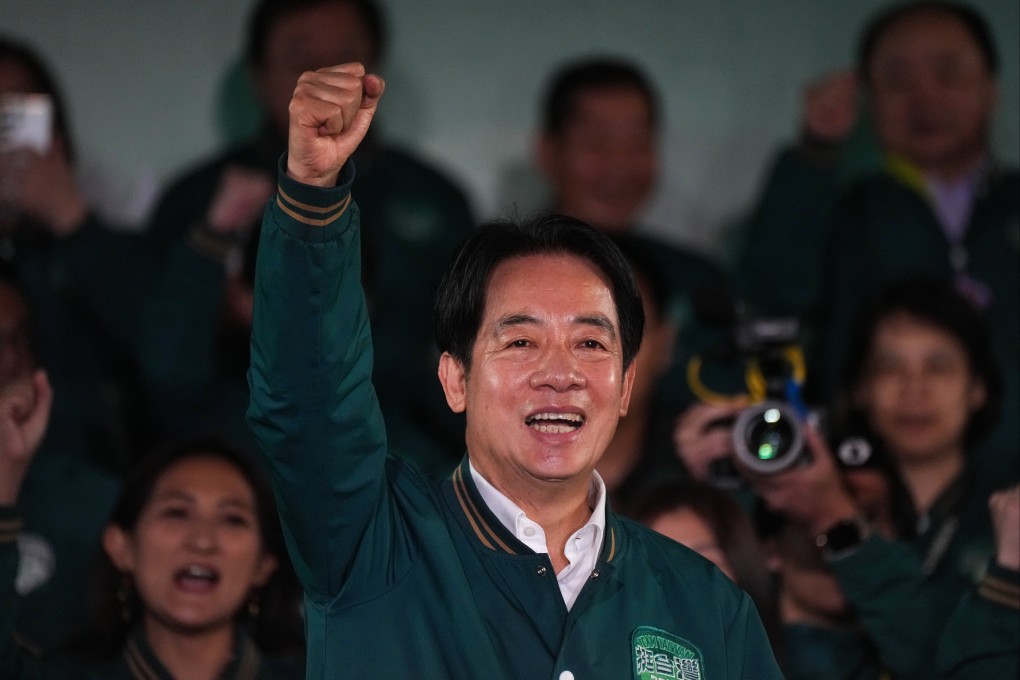Taiwan semiconductors: president-elect William Lai vows to ‘continue to assist’ sector
- ‘China and other countries must also cherish’ Taiwan’s role in global chip industry, Lai says after victory on Saturday
- Frayed cross-strait ties and US-China tensions have sparked concerns about the core sector seen as a ‘silicon shield’ for the island

“As president, I will continue to assist the development of the semiconductor industry, from materials, equipment, research and development, integrated circuit design, manufacturing to wafer fabrication and testing for the industry to build a comprehensive cluster and further its development in Taiwan. This will of course benefit the global economy as well,” Lai said in Taipei.
However, concerns about the safety of the global semiconductor supply chain with Taiwan as a key node have mounted in recent years, in line with frayed relations across the Taiwan Strait and tensions between Beijing and Washington – a key supporter of Taiwan.
Calling the Taiwanese industry “the world’s common asset”, Lai said Taiwan had a responsibility to ensure that the global community could also benefit from its advantage in chip-making.
